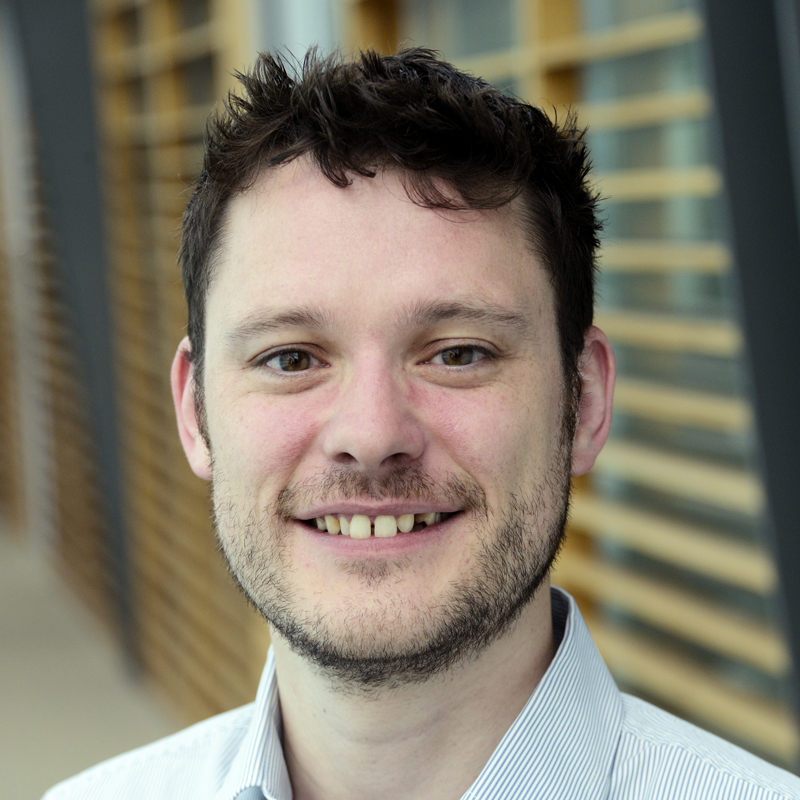Dr Carl Anderson is a statistical geneticist interested in using genetic and genomic data to further our understanding of immune-mediated diseases. Carl heads the Genomics of Inflammation and Immunity group at the Sanger Institute. He is also the Institute’s Director Graduate Studies.
Carl has always been fascinated by the ability of human genetic variation to identify the causal biology of disease. He believes that advancing our knoweldge of the genetic underpinnings of complex diseases has the power to revolutionise both our ability to identify effective new drug targets and identify the patients who will benefit most from these drugs. By collaborating with clinicians around the world, Carl’s team combines the analysis of whole genome sequencing with functional genomics data from disease-relevant primary cells to connect disease risk to genetics and cell biology.
Carl became interested in human disease genetics during his time as a biomedical sciences undergraduate at the University of Sheffield, UK. At that time, he was particularly fascinated by neurodegenerative diseases, and was drawn to genetics as a means of discovering causal disease biology in an organ as mysterious as the brain. After graduating Carl undertook an MSc in Genetic Epidemiology, again at the University of Sheffield, to begin learning about genetic mapping. With his interest in the field then firmly established, Carl moved to the University of Edinburgh in 2003 to undertake a PhD in Quantitative Genetics under the supervision of Peter Visscher. He spent the final two years of his PhD in the Genetic Epidemiology Department at the University of Brisbane folllowing Peter’s move there for a professiorship position. When he was finishing his PhD at the end of 2006, the Wellcome Trust Case Control Consortium (WTCCC) was on the lookout for postdocs to lead aspects of the project. Carl moved to Oxford at the beginning of 2007 to work on the inflammatory bowel disease arm of the WTCCC, boyed by the fact that even linkage analysis managed to map a risk locus for IBD (NOD2).
In 2009, Carl moved to the Sanger Institue to establish his research group on the genomics of inflammation and immunity. His team has used genome-wide association studies to identify over 280 independent risk loci for IBD, primary sclerosing cholangitis and primary biliary cirrhosis. In 2016, Carl and his team opened their own wet lab to enable them to explore the cellular consequences of genetic variants associated with immune-medated disease risk and perform functional screens.

